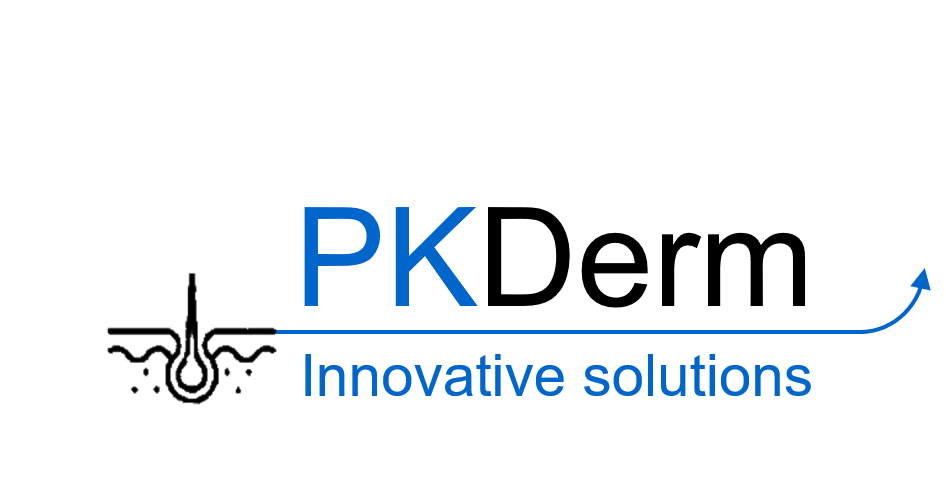Omics-driven Approaches in Biomarker and Drug Target Discovery
Translational bioinformatics aims to integrate biological research with clinical data in order to improve health care outcomes. Thanks to the omics approach and advanced computational techniques, translational bioinformatics can now provide answers to previously challenging questions such as biomarker and drug target discovery from genome scale data. In particular, two important computational challenges can be addressed: i) detect multivariate signals from omics data for the discovery of robust biomarkers in complex diseases and ii) network modelling from omics data for the identification of putative drug targets. We present two recently published tools, namely GARBO and ThETA, for the discovery of multivariate biomarker models and gene–target-disease associations from genome scale data. GARBO implements an Artificial Intelligence-based system enabling the identification of biomarker sets that best optimize the trade-off between classification accuracy and number of molecular features. We tested GARBO with two high relevant topics in precision medicine: cancer patient stratification and drug sensitivity prediction. ThETA implements new scoring methods providing efficacy and safety estimates of putative drug targets. In ThETA drug targets are disease-associated genes. These genes are systematically evaluated by using tissue-specific networks and dysregulated gene sets in gene modulations (e.g. gene knockdown and gene knockout). We report an extensive benchmark study on known target-disease associations and literature-based information about adverse effect targets. Our results indicate that the novel efficacy and safety scoring methods can lead to efficient and safer drug targets.


